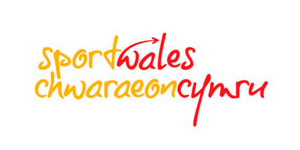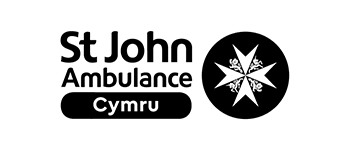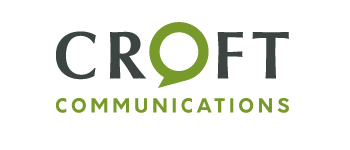Every year around 8,000 people in Wales experience a sudden cardiac arrest, but if more people knew what to do in an emergency, more lives could be saved! 1
When someone goes into cardiac arrest it means their heart has stopped beating properly. When this happens, normal breathing also stops. Someone in cardiac arrest will become unresponsive and will need urgent medical attention.
The chances of surviving a cardiac arrest are increased by up to 70% when a defibrillator, also called an Automatic External Defibrillator (AED), is used.2
What is a Defibrillator?
For some, the idea of using a defibrillator can be daunting but it needn’t be. A defibrillator is a lifesaving device which can be used to give a shock to the heart during a cardiac arrest.
The device analyses the casualty’s heart rhythm and will give you visual or voice instructions to guide you through each step. Only when it is safe to do, the device will advise a shock.
You can use a defibrillator on children over one year old and adults, including those who are pregnant.
Anyone can use a defibrillator and our training ensures you’re more confident to use one in an emergency.
As part of the #Defibruary campaign, the WSA will be running a one hour free Difib training session on Februrary 4th (book here) or alternatively you can sign up for one of St John’s ‘Public Access Defibrillator Awareness’ training sessions and in just 2 hours, you’ll gain the knowledge and confidence you’ll need to access and correctly use a public access AED.*
You will also learn how to deal with an emergency situation and how to correctly perform cardiopulmonary resuscitation (CPR) – a simple and effective lifesaving skill which can more than double the chance of someone surviving a cardiac arrest. 3
A whole host of public locations now have defibrillators available for public use. They are often found on building walls, in the reception of supermarkets, at schools, railway stations, community centres and local town centres. Defibrillators can be in a cabinet or in a plastic case. Often, there will be a green sign nearby or above where they are stored.
If your workplace or organisation have a defib we encourage you to register it with NHS Wales as a Public Access Defibrillator, so that it can provide maximum benefit to your community.
Snap a picture of your nearest defibrillator and share it on social media using #Defibruary so those in your community know where their nearest one is.
By raising just £1,000, you could help provide our volunteers with a defibrillator to use when they are called to a cardiac arrest. You can also fundraise to equip your organisation with one of these lifesaving devices.
Find out more by getting in touch: [email protected]
Join us at the heart of Welsh communities!
*Please note, this course is not suitable for those responsible for using an AED in the workplace – for workplace training we recommend our comprehensive three-hour AED training course – book online: www.stjohn.wales/training
Sources:
- Welsh Ambulance Service Trust
- Resuscitation Council (UK)
- European Resuscitation Council


















